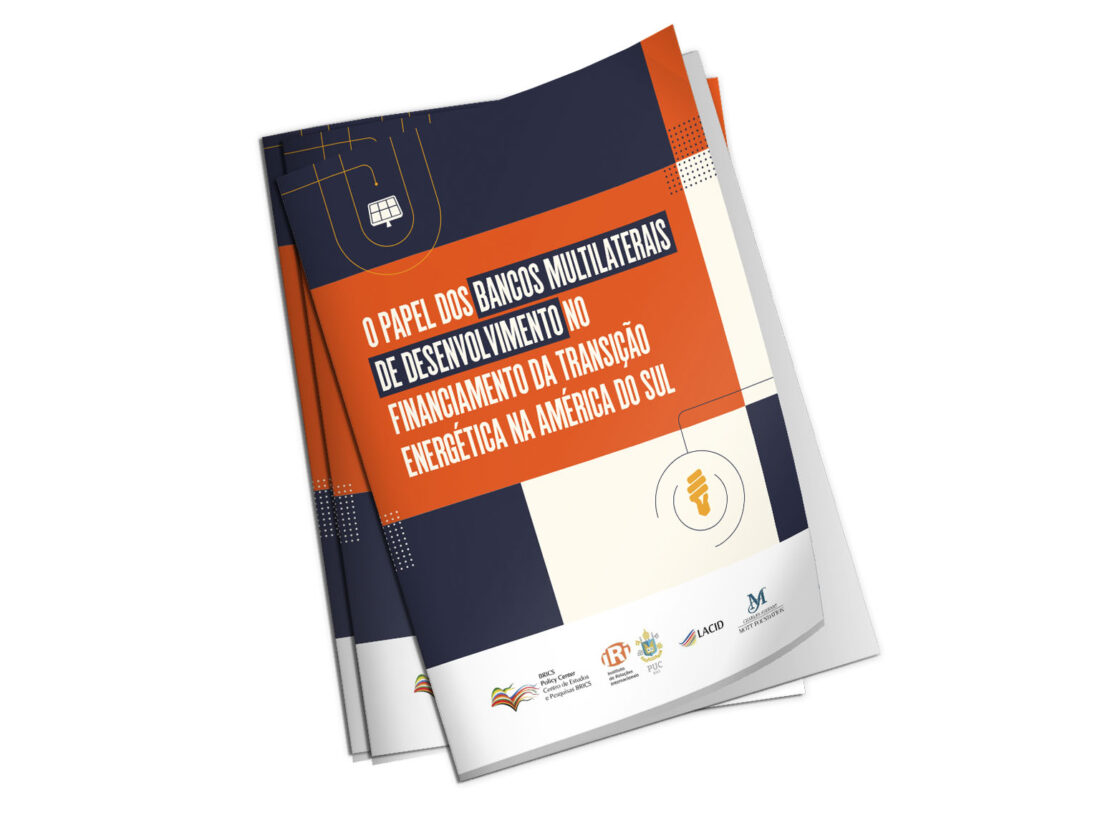
The Role of Multilateral Development Banks in Financing Energy Transition in South America
With the signing of the Paris Agreement in 2015, the world institutionalized the goal of keeping global temperature rise below 2ºC, based on efforts to adapt to and mitigate climate change. It is in this context that the actors involved presented their commitments to establish policies and strategies to reduce carbon emissions in different sectors of the economy.
This process of reducing emissions can be called decarbonization and consists of replacing fossil energy sources with clean renewables, in addition to encouraging the use of electrification technology, such as electric cars. This movement promotes transformation toward a low-carbon economy in various sectors. In the energy sector, this transformation is called the clean energy transition, as it attempts to reduce greenhouse gas emissions in the energy matrix. For this to happen, increasing the use of renewables over using fossil fuels such as coal and oil is encouraged.

